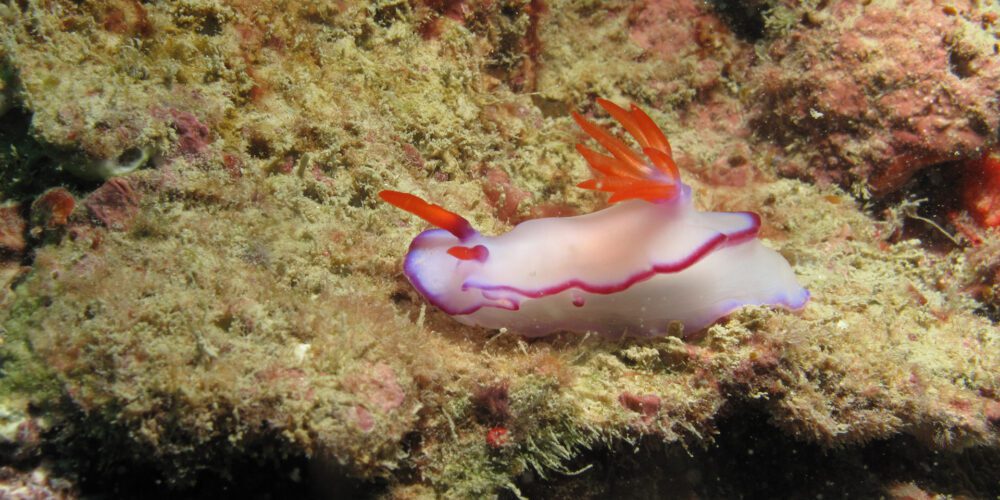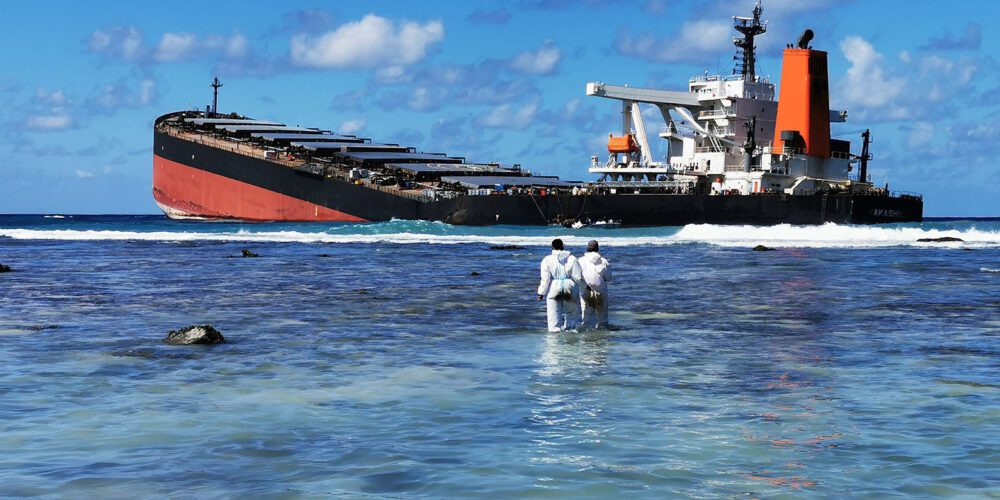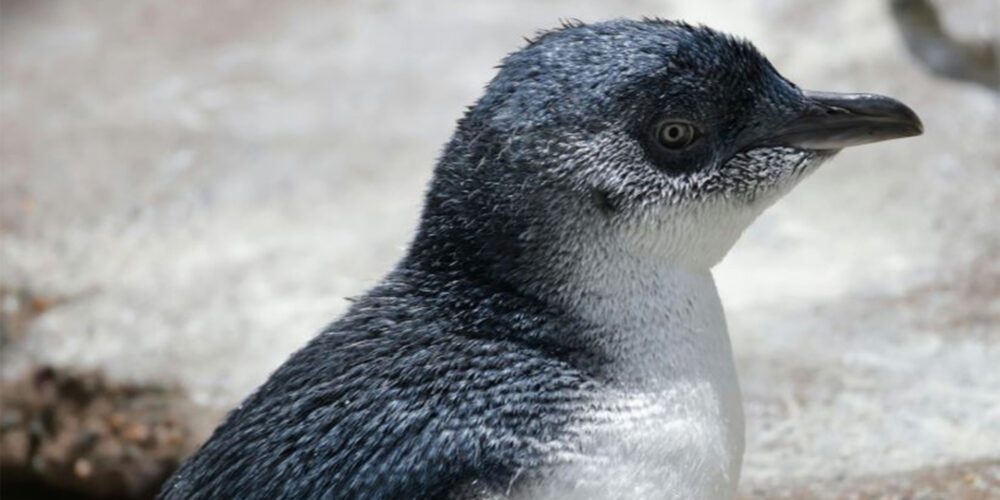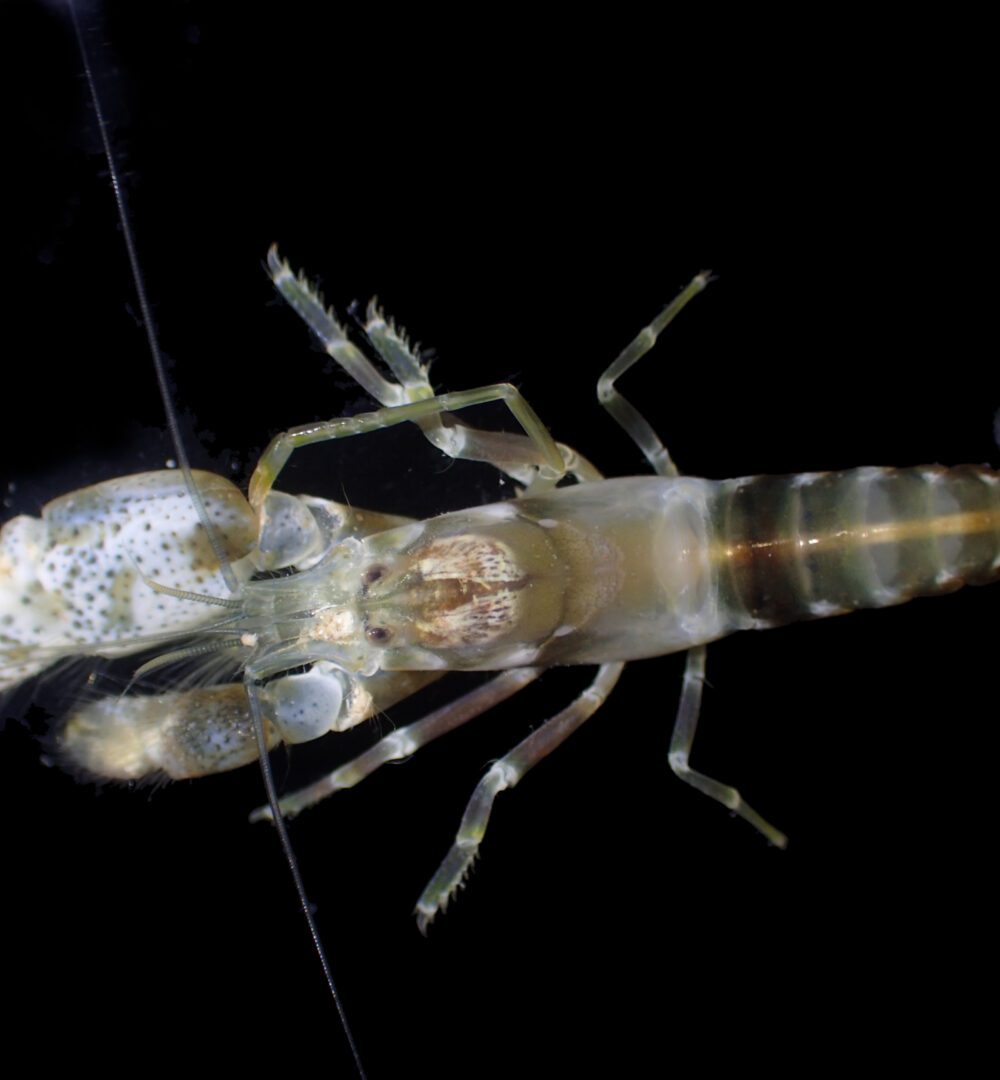Kimberley Reef Connect project to make a splash

The Kimberley Marine Park is known to support diverse marine life however little is known about the coral reef ecosystems. A new collaborative project ‘Kimberley Reef Connect’ aims to close that knowledge gap.
Funded by the Australian Government through the Our Marine Parks Program the project is a collaboration between Curtin University, the Western Australian Museum, Wunambal Gaambera Aboriginal Corporation and Parks Australia.
The project will focus on the Uunguu Wundaagu Indigenous Protected Area within the Commonwealth Kimberley Marine Park and aims to increase understanding of the health, biodiversity, ecological and cultural values of the area.
This will help inform the management of the Marine Park and prioritise research over the next decade. It will also increase capacity of both Wunambal Gaambera participants and scientists to share cultural and science knowledge.
Trip Leader Associate Professor Zoe Richards from Curtin University’s School of Molecular and Life Sciences said fieldwork would start with a 12-day, scuba-based, marine biodiversity survey and culminate in a culture camp at the outer islands.
“Reef ecosystems within the Kimberley Marine Park support a range of marine life including corals, reef fish and protected marine turtles,” Associate Professor Richards said.
“Reefs in the Wundaagu saltwater country are likely to play an important role as stepping-stones, connecting fauna across northern Australia with South East Asia, however, more information is needed about the diversity and uniqueness of marine life in the region.”
Western Australian Museum Executive Director Collections and Research Diana Jones said the Kimberley Reef Connect project stemmed from a previous successful culture camp conducted by the Western Australian Museum, Uunguu Rangers and the Kalumburu and Kandiwal community schools.
“This project affirms the WA Museum’s commitment to the local community through developing integrated learning programs connecting long-standing Aboriginal and Torres Strait Islander cultural practices and scientific knowledge with Western science,” she said.
Wunambal Gaambera Aboriginal Corporation Chair Catherine Goonack said this project was a good way for us to share our traditional knowledge and learn from the scientists.
“It allows Wunambal Gaambera people to travel out to remote islands which are part of our heritage, where our old people travelled in rafts and canoes. Looking after and connecting with our Wundaagu (saltwater) Country is important for our people.”



